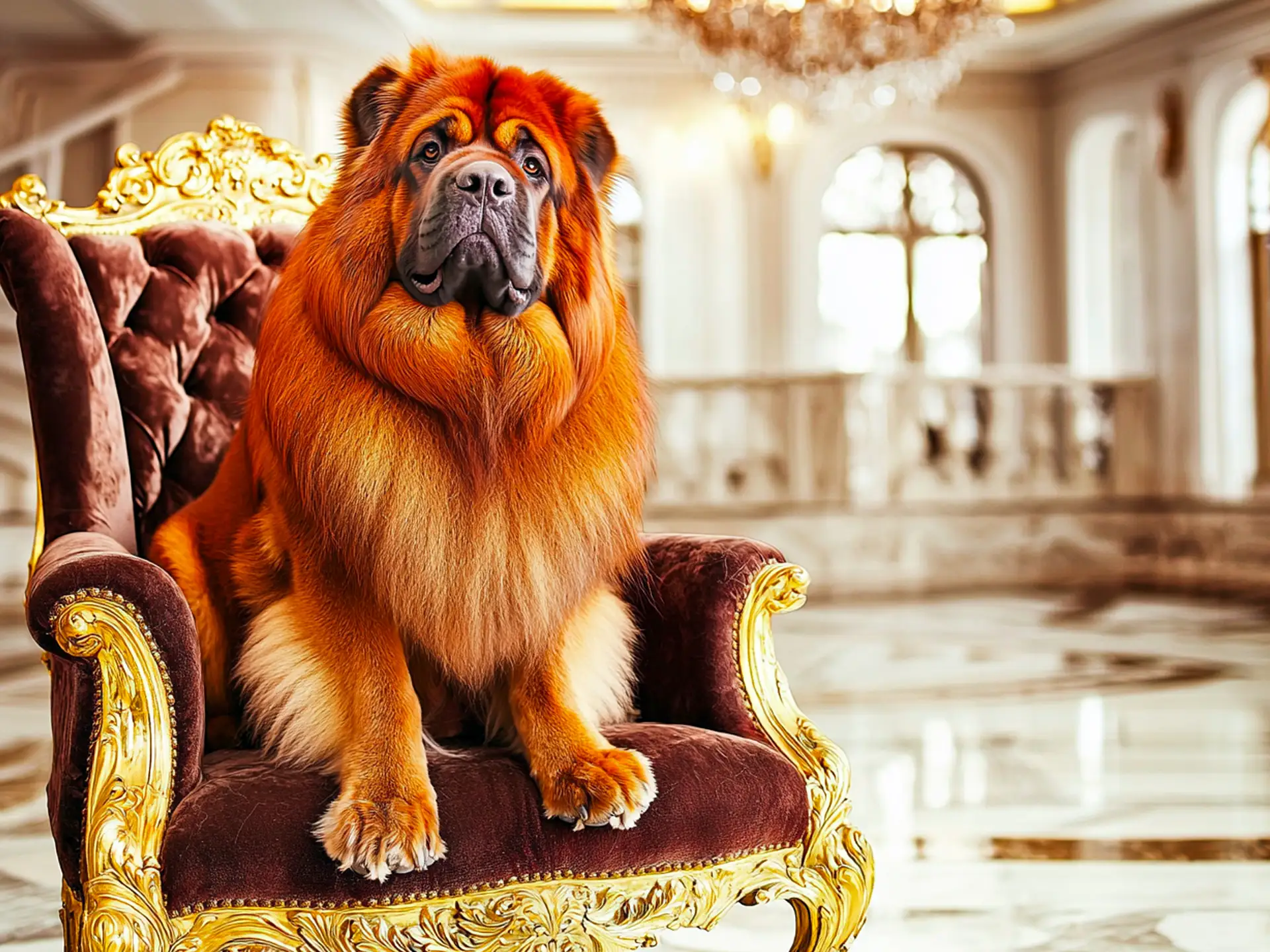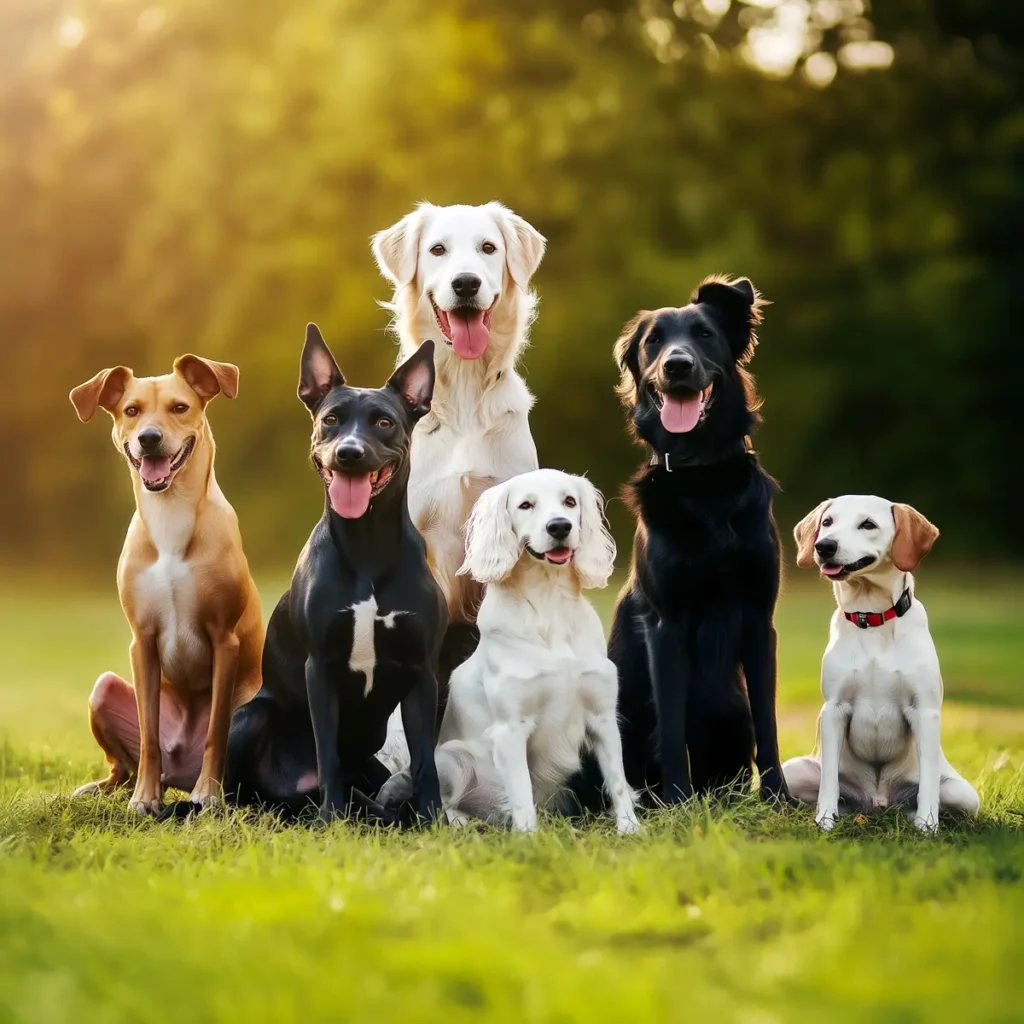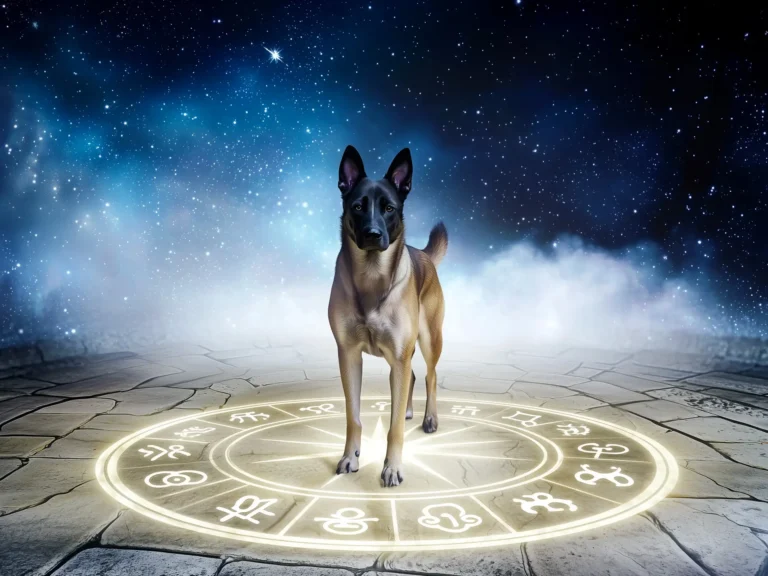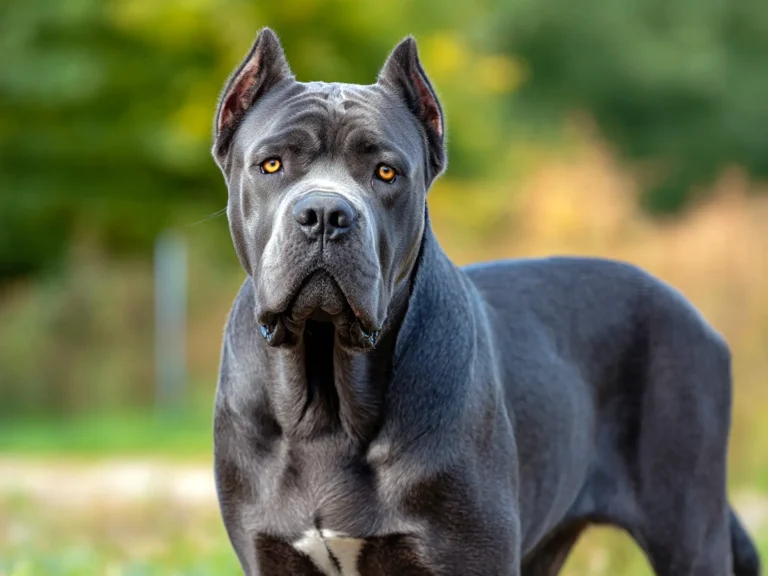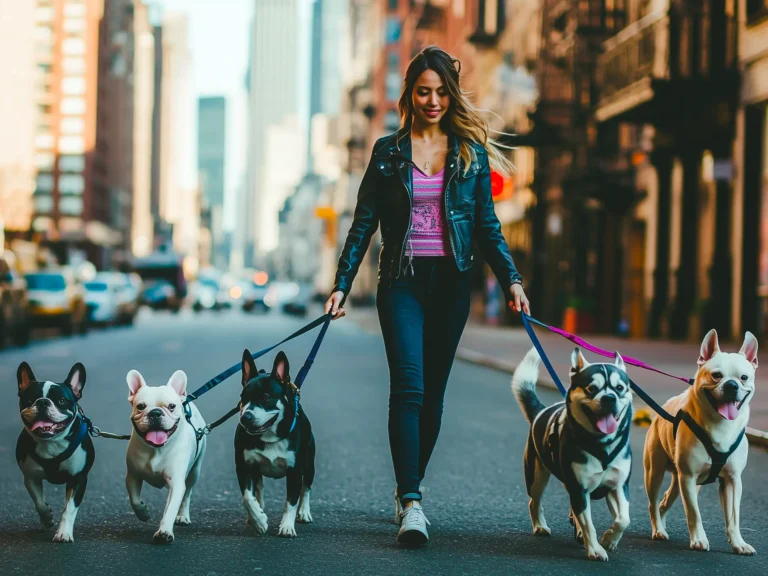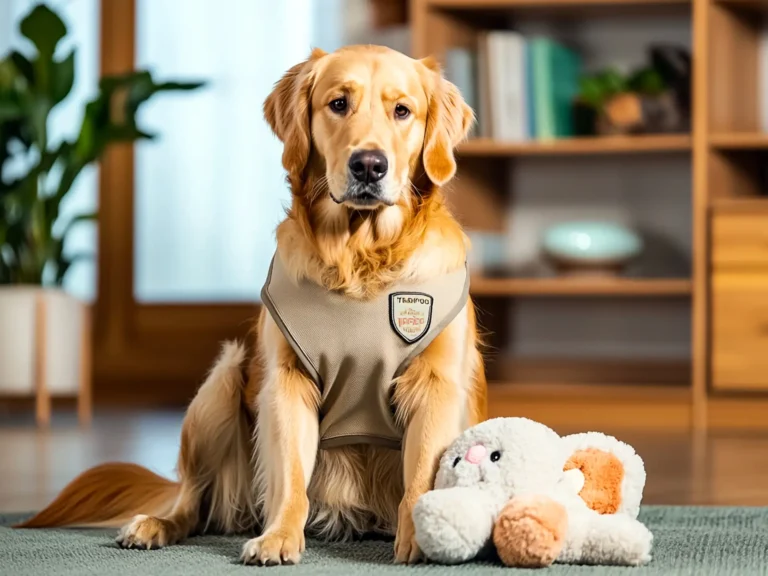For dog lovers seeking more than just a furry companion, the most expensive dog breeds offer a unique blend of rarity, prestige, and luxury. These prized pups command hefty price tags—sometimes reaching thousands or even millions—due to their exclusive lineage, limited availability, and extraordinary traits. From ancient guardians to hypoallergenic companions, each breed has its own story and cost factors. This guide unveils the top 15 priciest breeds in 2024, exploring what makes them so valuable and whether they’re worth the investment.
What Makes a Dog Breed Expensive?
Several factors influence why some dogs cost thousands—or even millions. Here’s what contributes to these sky-high prices:
- Special Care Needs:
Dogs with luxurious coats or large sizes, such as the Afghan Hound or Akita, require significant grooming and maintenance, which translates into higher costs. - Rarity and Exclusivity:
Breeds with limited populations or controlled breeding programs, like the Löwchen or Canadian Eskimo Dog, are more valuable due to their exclusivity. - Pedigree and Lineage:
Purebred dogs registered with prestigious organizations like the AKC or FCI often come with documented pedigrees, adding value. - Breeding Costs:
Ethical breeders invest in genetic testing, health screenings, and veterinary care, especially for breeds prone to complications like French Bulldogs. - Demand in Certain Markets:
High demand in countries like the US, China, or Japan can drive prices even higher. For example, Tibetan Mastiffs are particularly coveted in China.
Top 15 Most Expensive Dog Breeds in 2024
1. Tibetan Mastiff
Price Range
$5,000–$1,000,000+
Annual Maintenance: $3,000–$5,000
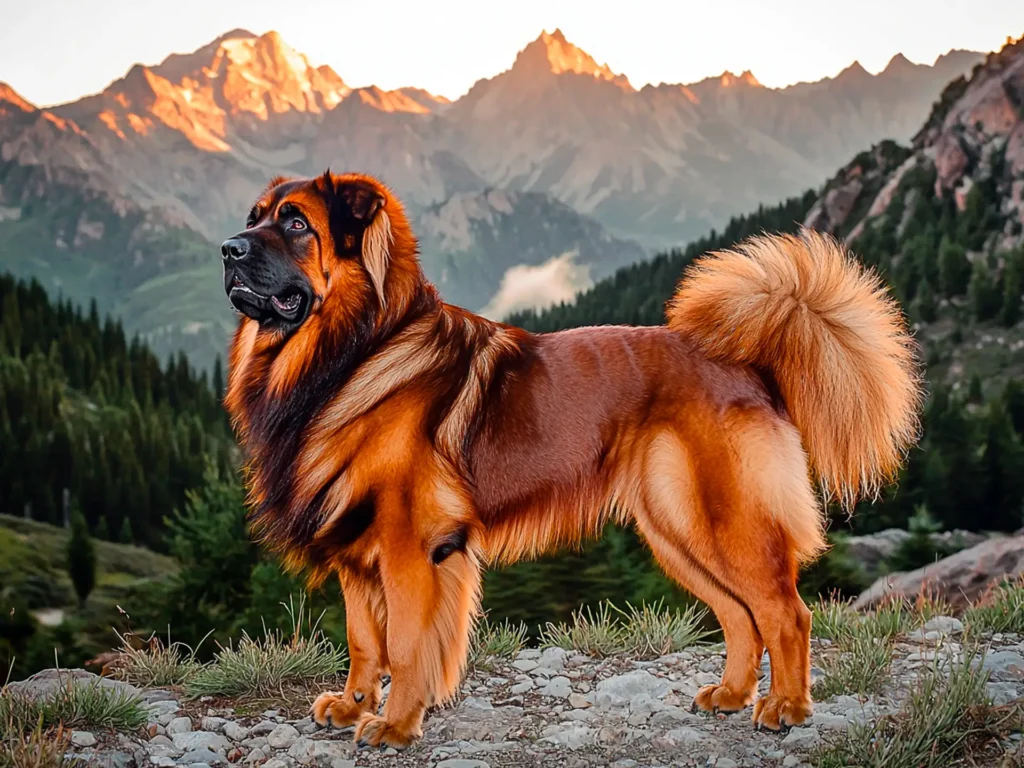
The Tibetan Mastiff tops the list due to its rarity and cultural significance. A red Tibetan Mastiff famously sold for $1.9 million in 2014, though prices today average $5,000–$20,000 for a show-quality dog.
Why So Expensive?
- Rare breeding programs and high demand in China make this breed a symbol of wealth.
- Maintaining purebred lineage is challenging due to their limited population.
Ownership Costs:
- Grooming: $1,000/year for professional care of their dense coat.
- Food: $1,500/year due to their large size and dietary needs.
- Health Care: $1,000/year for routine vet visits; they’re prone to hip dysplasia.
2. Samoyed
Price Range
$4,000–$11,000
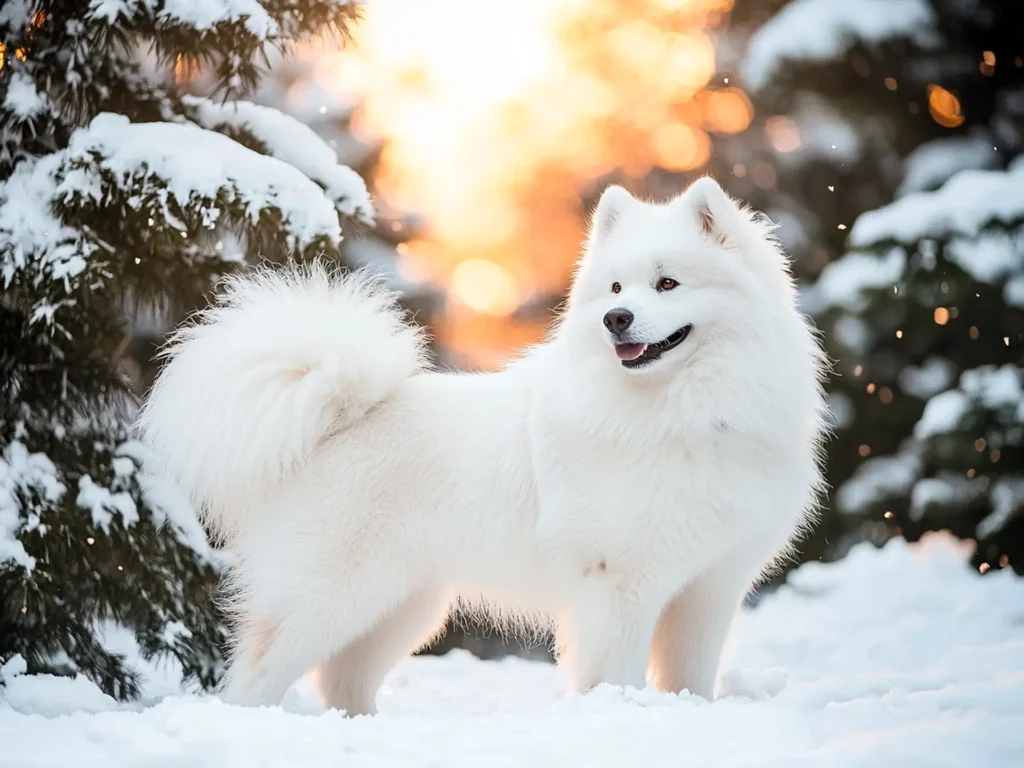
The Samoyed is a luxurious breed recognized for its fluffy white coat, cheerful “smile,” and hypoallergenic fur. Originating from Siberia, they were historically used for herding and sledding, which adds to their prestige.
Why So Expensive?
Their rarity outside Siberia, combined with the high cost of breeding and maintaining their coat, drives their price. Hypoallergenic fur also increases their demand, especially among allergy-sensitive families.
Care and Costs
Samoyeds need frequent professional grooming, costing up to $1,200 annually, and daily exercise to stay healthy. They also require high-quality food and routine vet care, making them a long-term financial commitment.
3. Chow Chow
Price Range
$3,000–$10,000
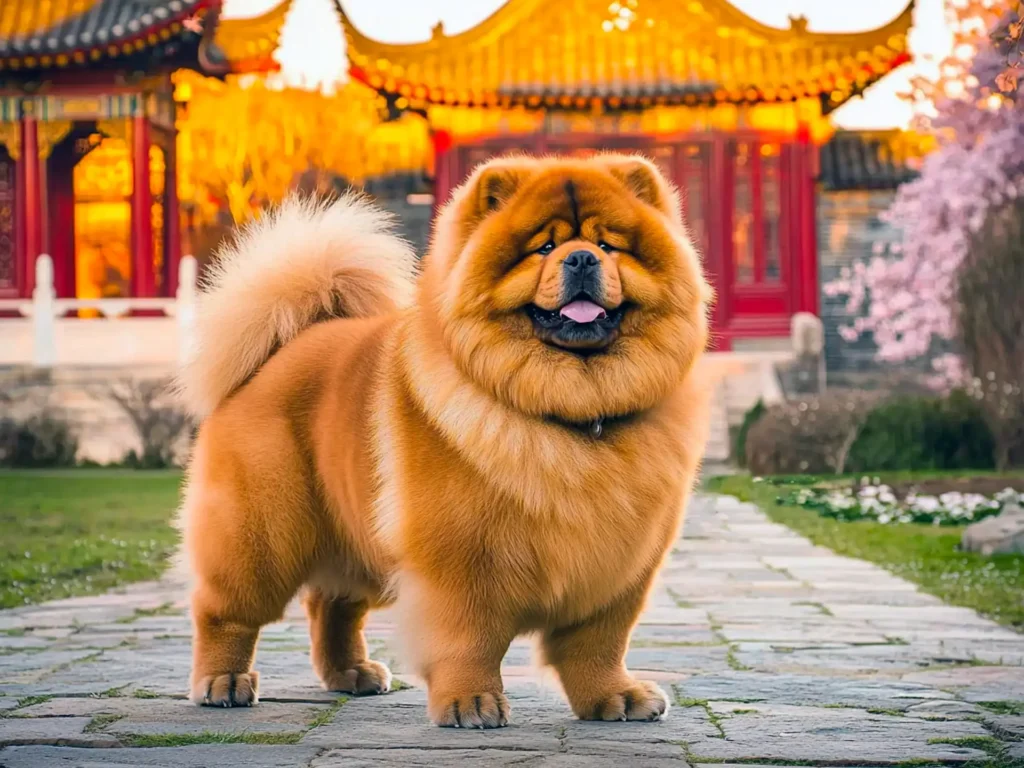
The Chow Chow, with its lion-like mane and signature blue-black tongue, is one of the most distinctive and prestigious breeds. Originating in northern China, these dogs were historically guard dogs for temples and royalty, adding to their allure.
Why So Expensive?
Chow Chows are expensive due to their rarity and grooming-intensive double coat. Their stoic, independent temperament makes them sought after by experienced dog owners, further driving demand. Limited breeders outside Asia also contribute to their high cost.
Care and Costs
Maintaining their thick coat requires professional grooming, often costing $800–$1,200 annually. Health expenses, especially for joint and eye issues, add to the financial commitment, making the Chow Chow a luxurious yet rewarding breed to own.
4. Löwchen
Price Range
$4,000–$9,000
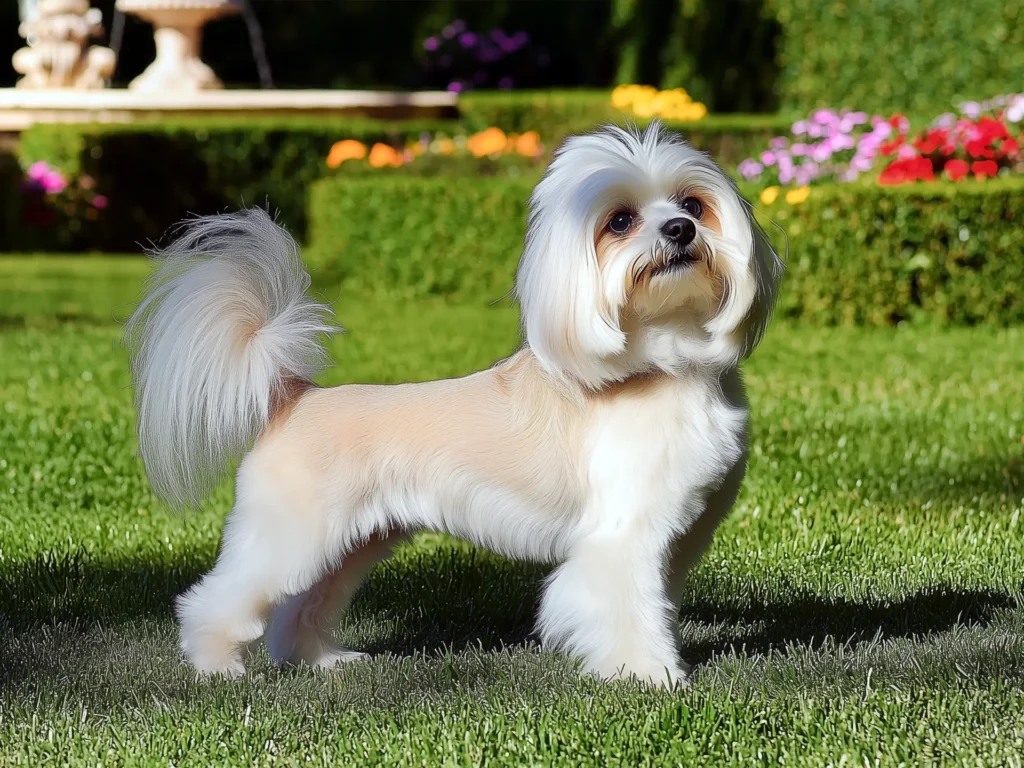
The Löwchen, or “Little Lion Dog,” is one of the rarest breeds in the world, with only a few hundred bred annually. This European toy breed has been cherished by royalty for centuries, symbolizing elegance and exclusivity.
Why So Expensive?
Their extreme rarity and careful breeding practices significantly drive up their cost. The Löwchen’s lion-like appearance requires meticulous grooming, further adding to its value as a luxurious companion.
Care and Costs
Professional grooming to maintain their signature lion cut costs around $1,000 annually. As a small breed, their food and healthcare costs are moderate, but their rarity ensures their initial purchase price remains high.
5. Akita
Price Range
$3,500–$8,500
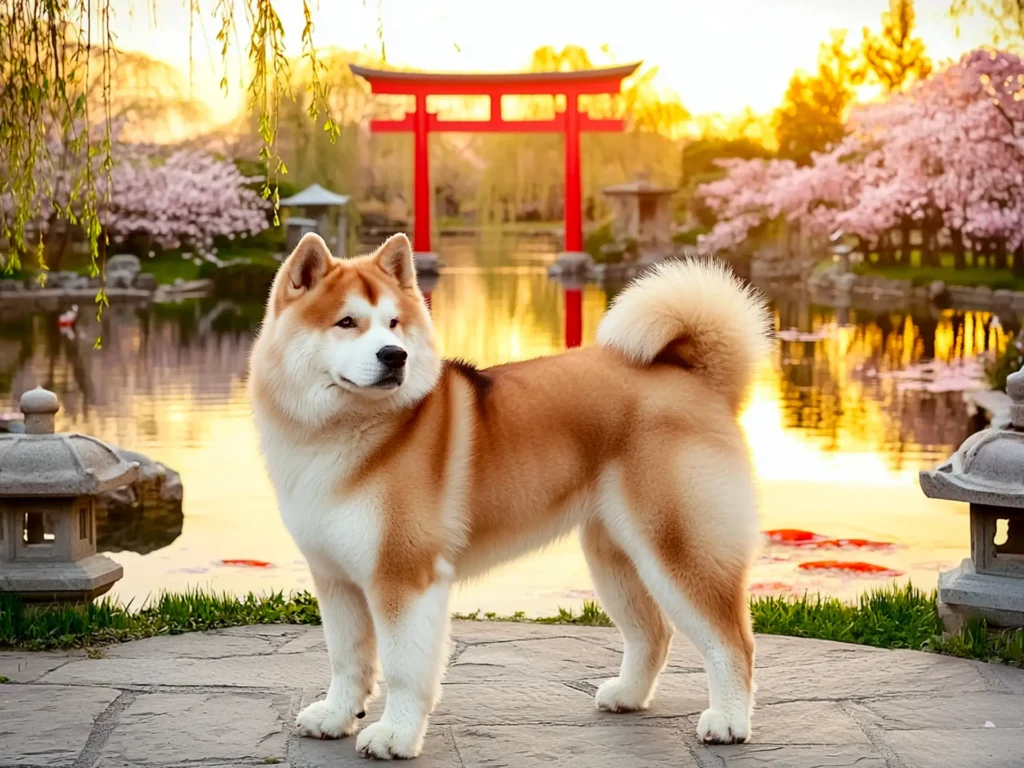
The Akita is a powerful and dignified breed revered for its loyalty. Originating in Japan, this breed is a national symbol of devotion and has been owned by royalty and diplomats, adding to its prestigious reputation.
Why So Expensive?
Their limited availability outside Japan and the high cost of ethical breeding make Akitas an expensive choice. Show-quality Akitas with pure bloodlines can fetch top dollar, especially those imported directly from Japan.
Care and Costs
Akitas require regular grooming for their dense coat, which can cost $800–$1,000 annually. Their large size demands high-quality food, while routine vet care to monitor hip and joint health adds to the overall expense.
6. Rottweiler
Price Range
$2,000–$8,000
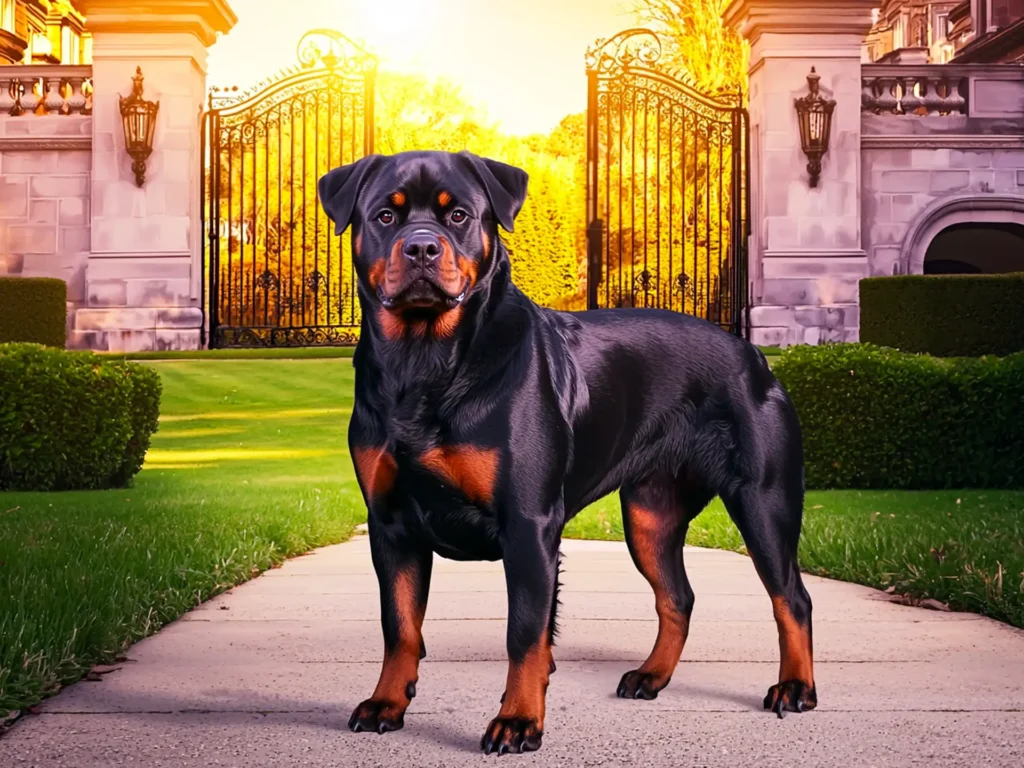
Rottweilers are renowned for their strength, intelligence, and versatility. Originally bred in Germany as working dogs, they have become highly valued for their loyalty and protective instincts, especially as family guardians.
Why So Expensive?
The cost of Rottweilers reflects their pedigree and specialized training. High-quality bloodlines, especially from champion working dogs, significantly increase their price. Their popularity as guard and service dogs also drives demand.
Care and Costs
Rottweilers require consistent training, often from professionals, which adds to ownership costs. Routine health care to address breed-specific concerns like hip dysplasia averages $800–$1,200 annually, making them a long-term financial commitment.
7. Canadian Eskimo Dog
Price Range
$3,000–$7,500
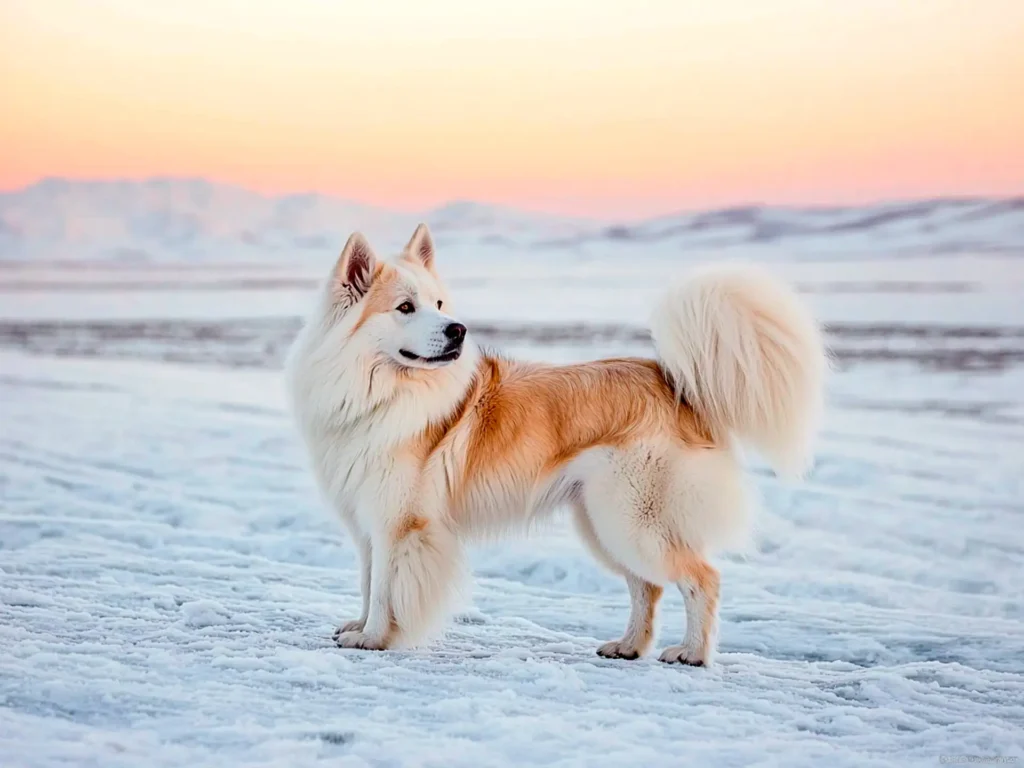
The Canadian Eskimo Dog is one of the rarest and most expensive dog breeds in the world. Historically bred by the Inuit for sledding and hunting, this breed is renowned for its strength, endurance, and resilience in arctic conditions.
Why So Expensive?
The breed’s near-extinct status has made it highly exclusive, with fewer than 300 registered dogs remaining globally. Preservation efforts and limited breeding programs have driven up its value, making it a rare treasure among dog enthusiasts.
Care and Costs
As a working breed, they require a high-protein diet, which can cost $1,000–$1,500 annually. They thrive in colder climates and need ample space to exercise. Regular health checks for hip dysplasia and other joint issues add to their maintenance costs, making them a truly premium companion.
8. Dogo Argentino
Price Range
$3,000–$6,500
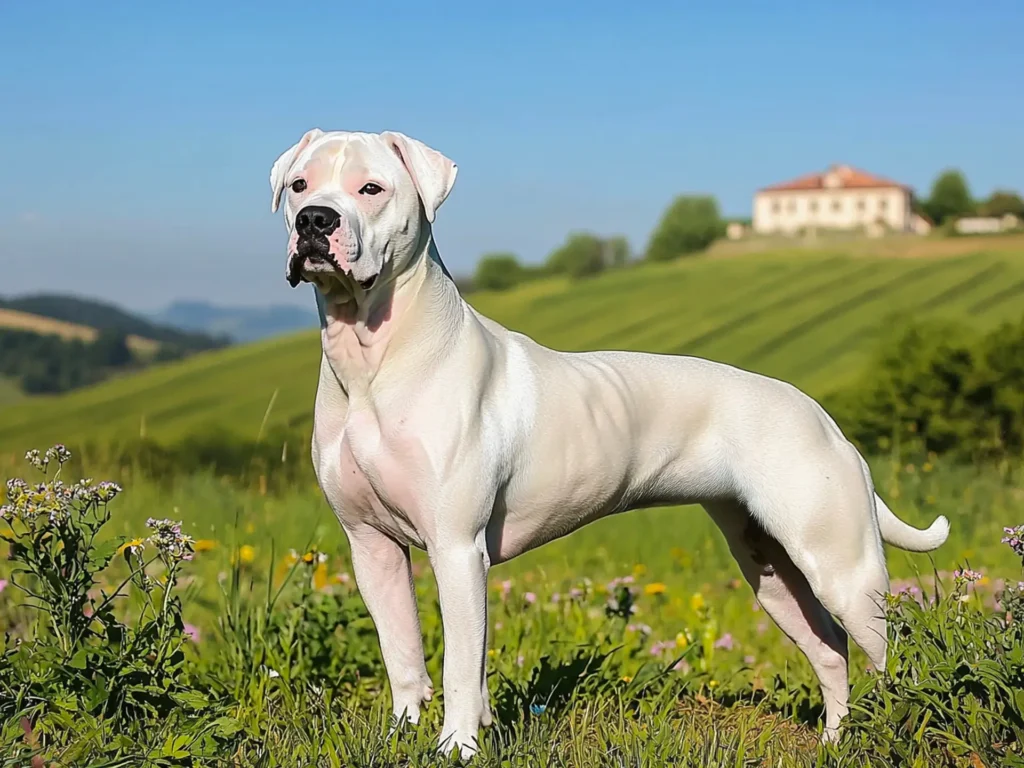
The Dogo Argentino is a striking and powerful breed originally developed in Argentina for big-game hunting. Known for its muscular build and striking white coat, this rare breed is both athletic and loyal, making it a coveted choice for experienced owners.
Why So Expensive?
Dogo Argentinos are among the most expensive dog breeds due to their rarity and strict breeding regulations. Export restrictions in some countries and the breed’s specific health and training needs further elevate their cost. Show-quality dogs with impeccable bloodlines can fetch premium prices.
Care and Costs
These energetic dogs require professional training, often costing $1,000–$2,000 for obedience and socialization. Health care expenses are moderate but include screenings for hip dysplasia and deafness, which are common in the breed. Their high exercise needs and premium diet add to the overall expense, making them a significant financial commitment.
9. Pharaoh Hound
Price Range
$2,500–$6,000
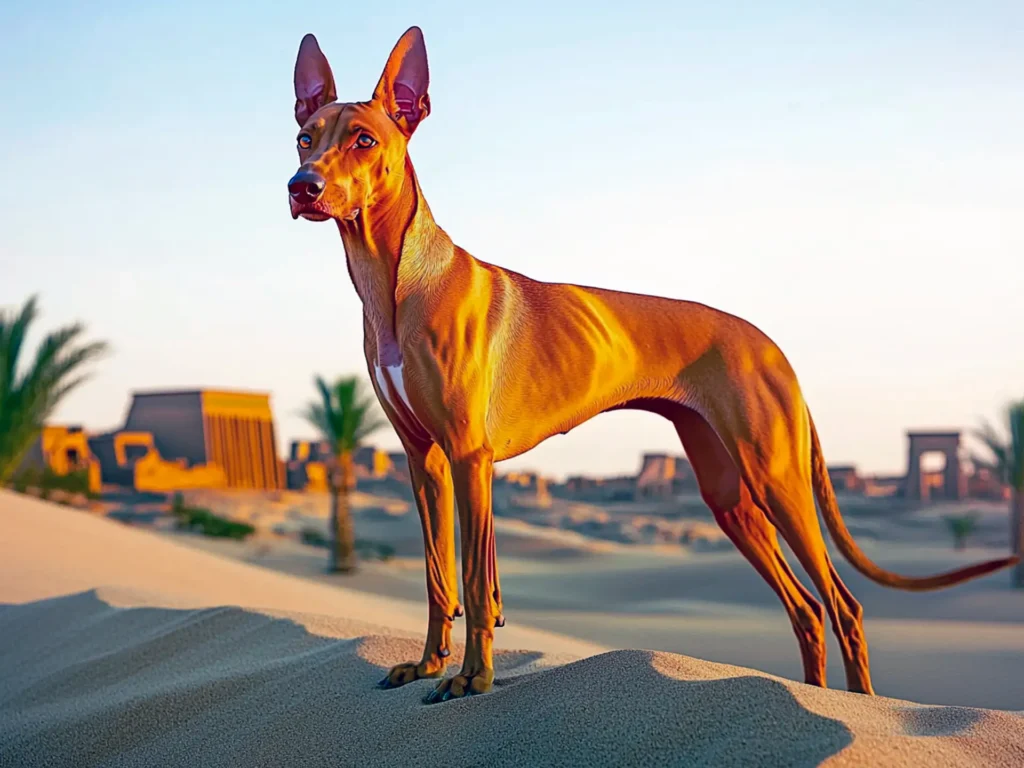
The Pharaoh Hound, often referred to as the “blushing dog,” is a rare and ancient breed that traces its lineage back to ancient Egypt. Known for its sleek build, elegant demeanor, and unique ability to “blush” when excited, it’s one of the most expensive dog breeds.
Why So Expensive?
Pharaoh Hounds are expensive due to their rarity and limited breeding programs, particularly outside of their native Malta. Their history as symbols of nobility and their graceful, athletic nature make them highly sought after by enthusiasts worldwide.
Care and Costs
Their short coat requires minimal grooming, but their active lifestyle demands daily exercise, including running and agility activities. Annual veterinary costs average $600–$1,000, with routine care focused on maintaining joint health. Their rarity and imported bloodlines ensure they remain a luxury breed.
10. Afghan Hound
Price Range
$2,500–$5,500
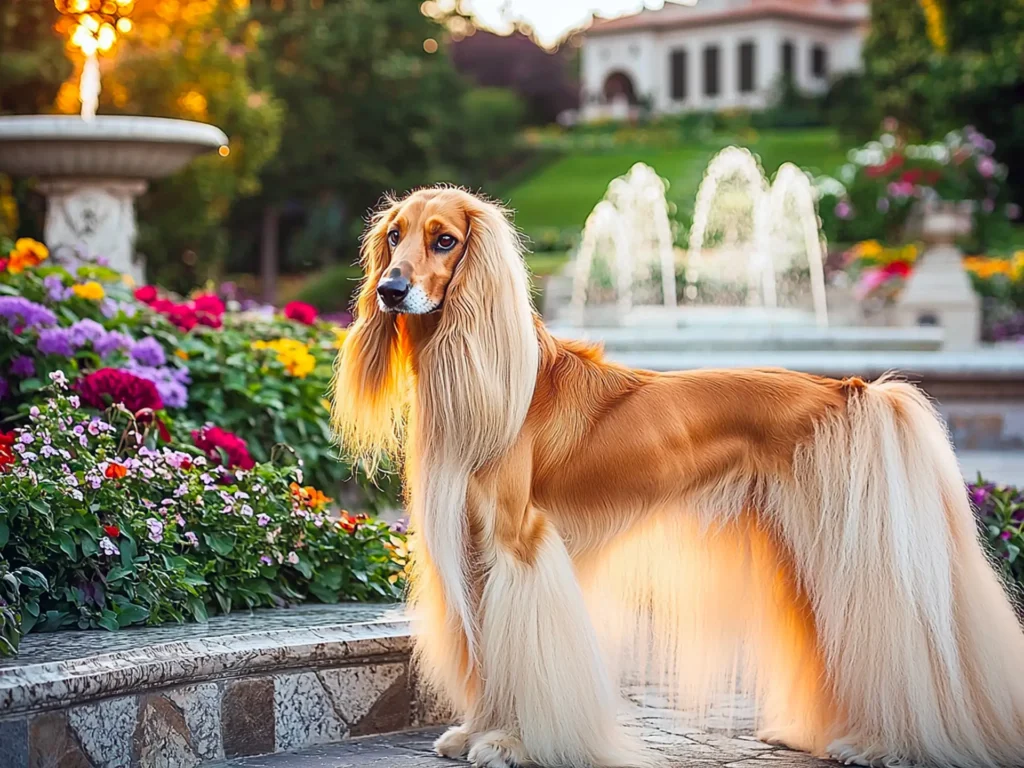
The Afghan Hound is one of the most elegant and luxurious dogs, known for its flowing, silky coat and aristocratic demeanor. Originating from the rugged terrains of Afghanistan, this ancient breed was once prized by royalty and hunters alike, adding to its exclusivity.
Why So Expensive?
Afghan Hounds stand out among the most expensive dog breeds due to their flowing, silky coat and aristocratic allure. Grooming their luxurious coat requires skill and dedication, which adds significantly to ownership costs. Their historical role as noble hunting companions and their rarity in breeding programs elevate their value.
Care and Costs
Maintaining their signature coat requires professional grooming every 4–6 weeks, costing around $1,000 annually. Their athletic build demands daily exercise, while routine health checks, including screenings for hip dysplasia and cataracts, add to ownership expenses. These factors make them a high-maintenance yet glamorous companion.
11. Saluki
Price Range
$2,500–$5,000
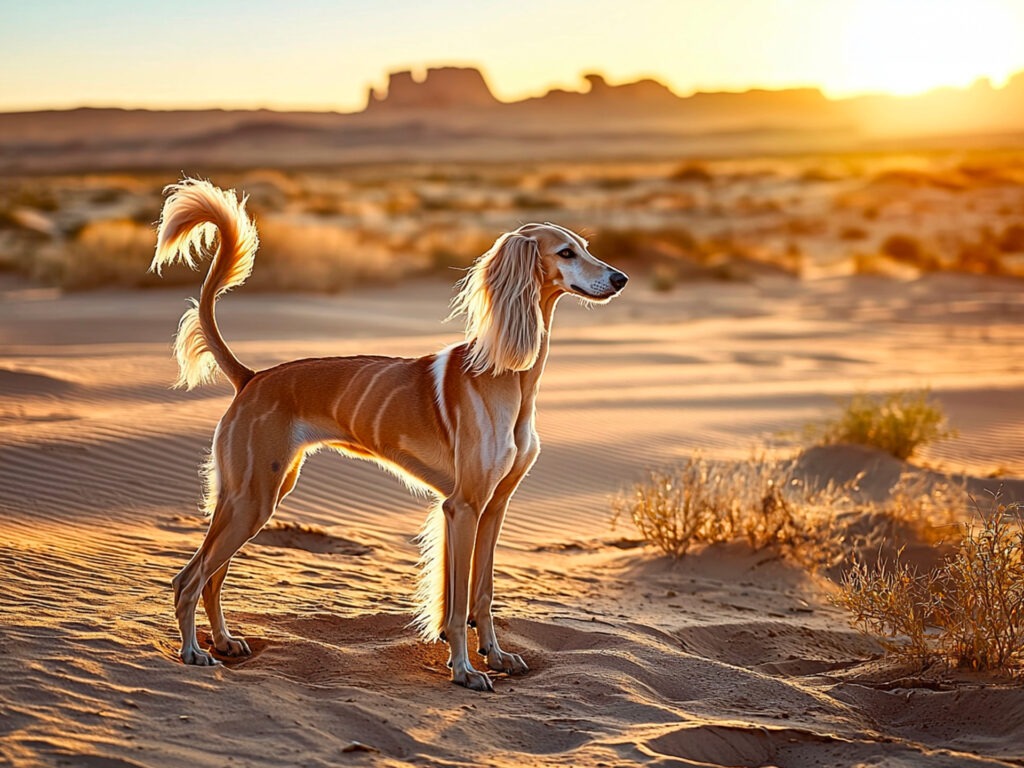
The Saluki, also known as the “Royal Dog of Egypt,” is one of the oldest and most graceful dog breeds. Known for its slender build and aristocratic demeanor, the Saluki was historically bred by Middle Eastern royalty for hunting, making it a symbol of prestige and luxury.
Why So Expensive?
The Saluki, revered as one of the oldest dog breeds, owes its high price to its exotic elegance and storied past. Their lean, muscular build and unmatched speed make them prized by enthusiasts. Limited breeding outside the Middle East and demand for their endurance in competitive racing contribute to their cost.
Care and Costs
Their short coat is low-maintenance, but they require regular exercise to match their energy levels and preserve their lean physique. Health costs, including screenings for heart disease and hip issues, can range from $600–$1,000 annually. These factors, combined with their exclusivity, make the Saluki a luxurious yet rewarding breed.
12. Cavalier King Charles Spaniel
Price Range
$2,000–$4,500
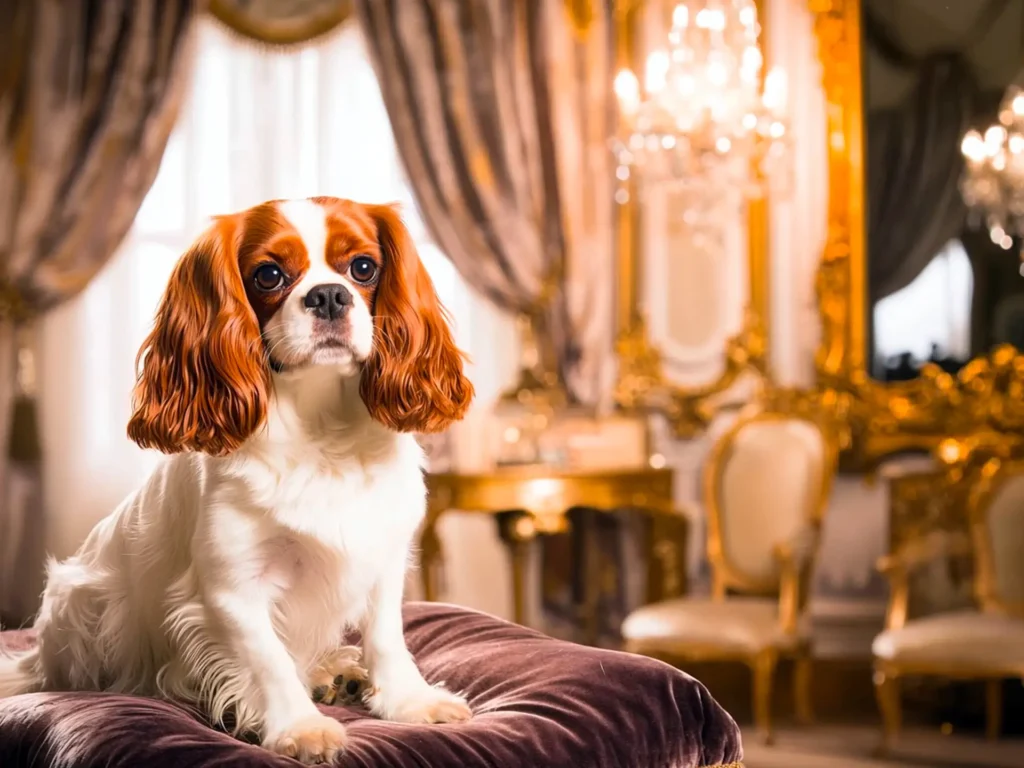
The Cavalier King Charles Spaniel is a small but elegant breed, celebrated for its affectionate nature and silky, flowing coat. Originating in England, this breed was a favorite of British nobility, often depicted in royal portraits, cementing its status as a luxury companion.
Why So Expensive?
Cavalier King Charles Spaniels are among the most expensive dog breeds due to their royal lineage and high demand as family pets. Ethical breeders invest significantly in health testing to reduce inherited conditions like heart disease, which increases their price.
Care and Costs
Their coat requires regular grooming, costing around $600–$800 annually. Routine vet care for potential heart and joint issues can add $800–$1,200 per year. Their friendly and adaptable nature makes them an enduringly popular but premium choice for dog lovers.
13. Kangal Dog
Price Range
$1,500–$4,000
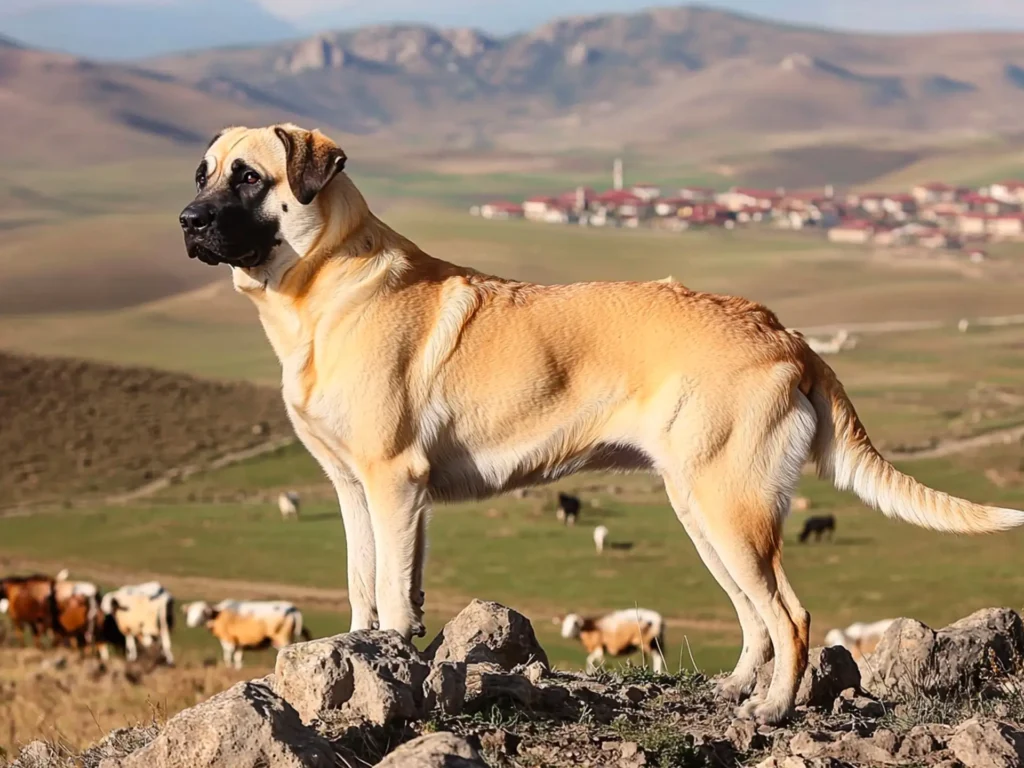
The Kangal Dog, originating from Turkey, is one of the most powerful and protective breeds in the world. Known for its immense size and unmatched guarding abilities, this livestock guardian has been a symbol of strength and reliability for centuries.
Why So Expensive?
Kangal Dogs are prized for their rarity outside Turkey and their specialized role as protectors of livestock. Export restrictions on purebred Kangals further increase their exclusivity and price. Their reputation as one of the most effective guarding breeds makes them highly sought after.
Care and Costs
Maintaining a Kangal requires a spacious environment and a high-quality diet, costing $800–$1,200 annually. Regular health check-ups to monitor for joint and hip issues are essential. While their grooming needs are minimal, their large size and specific role demand professional training, adding to their overall expense.
14. Irish Wolfhound
Price Range
$1,500–$3,500
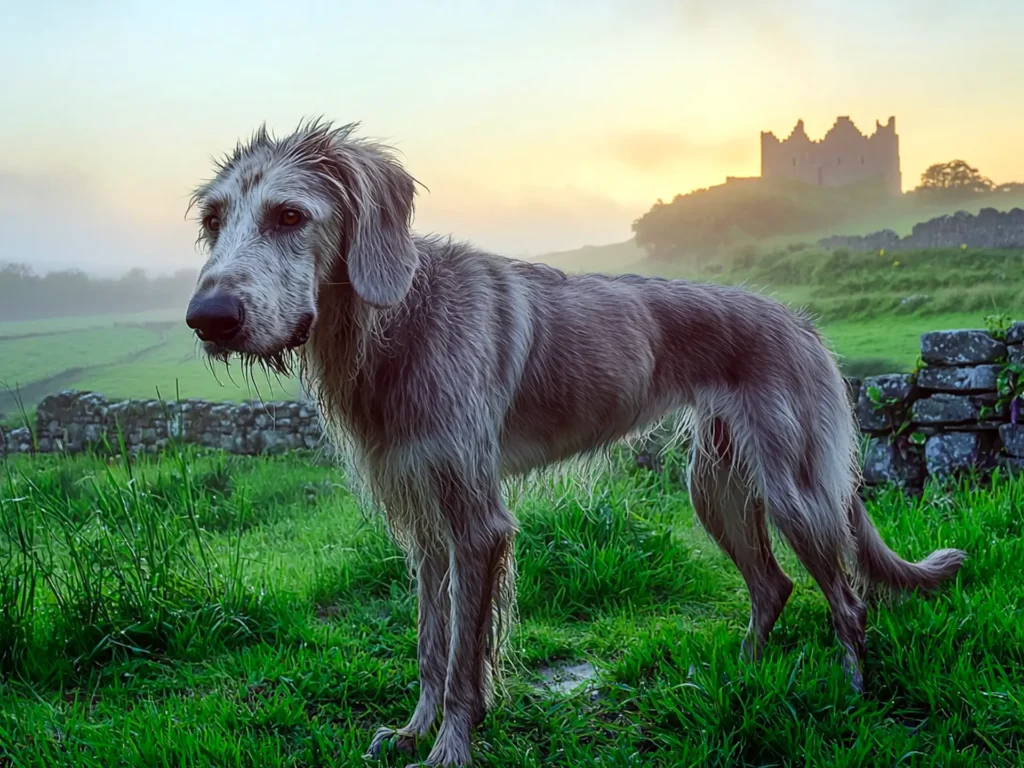
The Irish Wolfhound is one of the tallest and most majestic dog breeds in the world. Originally bred in Ireland for hunting wolves and deer, this gentle giant is renowned for its commanding presence and calm temperament, making it a prized companion for enthusiasts.
Why So Expensive?
Irish Wolfhounds command a premium due to their imposing size and ancient heritage. Originally bred to hunt wolves and deer, their massive frame demands specialized care and nutrition, especially during growth stages. The challenges of breeding and their shorter lifespan also add to their exclusivity and cost.
Care and Costs
Feeding an Irish Wolfhound a balanced, high-quality diet can cost $1,500–$2,000 annually. Veterinary care focuses on managing heart and joint conditions, with routine costs ranging from $800–$1,200 per year. Grooming is relatively low-maintenance, but their sheer size increases overall ownership expenses, making them a true luxury breed.
15. Azawakh
Price Range
$2,000–$3,000
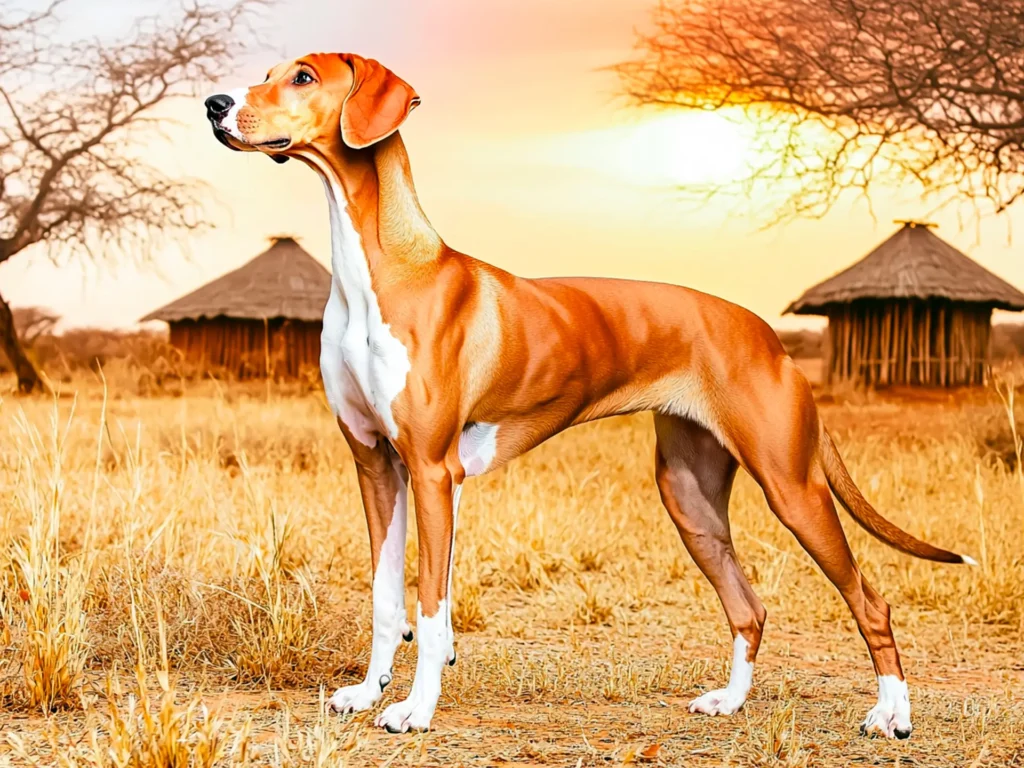
The Azawakh is a rare and elegant sighthound from West Africa, prized for its speed, agility, and striking appearance. Traditionally used by the Tuareg people for hunting and guarding, this breed’s rarity and exotic origins make it one of the most expensive dog breeds.
Why So Expensive?
Azawakhs are costly due to their limited availability outside their native region and their unique traits, such as their slim, muscular frame and smooth coat. Ethical breeding programs are scarce, driving up prices, especially for show-quality dogs.
Care and Costs
This breed requires a high-protein diet to maintain its athletic physique, costing around $800–$1,000 annually. While grooming needs are minimal, regular exercise is essential to meet their high energy levels. Veterinary care focuses on monitoring their joints and cardiovascular health, with routine costs averaging $600–$800 per year.
FAQs
Are expensive dog breeds healthier than mixed breeds?
Not necessarily. Many expensive breeds, like Bulldogs or Rottweilers, are prone to specific genetic health issues. Mixed breeds often benefit from genetic diversity, which can reduce the likelihood of inherited conditions. Consult a vet to assess a breed’s health risks.
Can I insure an expensive dog breed?
Yes, most pet insurance companies offer plans for high-value breeds. However, premiums for breeds prone to health issues or with high replacement costs, like the Tibetan Mastiff, may be higher. Compare policies to ensure comprehensive coverage.
Why are some breeds banned in certain countries?
Breeds like the Dogo Argentino or Akita are restricted in some regions due to perceived aggression or guarding instincts. These bans often stem from outdated stereotypes. Proper training and socialization can mitigate these traits.
What are the hidden costs of owning a luxury dog breed?
Beyond purchase price, grooming, health care, specialized diets, and even training equipment for large breeds like the Akita can add up to thousands annually. Always consider long-term expenses before committing.
Which luxury breed is best for small apartments?
French Bulldogs and Cavalier King Charles Spaniels are ideal for apartments due to their size and adaptability. They require moderate exercise and thrive in close proximity to their owners, making them perfect for urban living.
Luxury Breeds vs. Affordable Companions
Owning a luxury dog breed is a significant financial commitment, but some affordable alternatives offer similar traits at a fraction of the cost. Here’s a detailed comparison:
| Breed | Price Range | Affordable Alternative | Reason |
|---|---|---|---|
| Tibetan Mastiff | $5,000–$1,000,000 | Newfoundland | Large, protective, and family-friendly. |
| French Bulldog | $1,500–$3,000 | Boston Terrier | Compact, playful, and easy to care for. |
| Afghan Hound | $2,500–$5,500 | Saluki | Similar elegance and low-maintenance coat. |
| Samoyed | $4,000–$11,000 | American Eskimo Dog | Fluffy, cheerful, and great with families. |
| Rottweiler | $2,000–$8,000 | Boxer | Strong, loyal, and great with children. |
Key Takeaways
- Luxury breeds often command high prices due to rarity, but alternatives like the Newfoundland or Boston Terrier offer comparable traits without the sky-high costs.
- Affordable breeds still require regular care and training, so consider lifetime expenses alongside initial costs.
Market Insights: Trends in Expensive Dog Breeds
1. Regional Demand
- China: Tibetan Mastiffs are esteemed as symbols of wealth and status. In 2014, a Tibetan Mastiff puppy was sold for nearly $2 million, highlighting their high demand among affluent buyers. New York Post
- United States: In New York, the average annual cost of dog ownership is approximately $2,305. Breeds such as French Bulldogs, English Bulldogs, Saint Bernards, Shar-Peis, Cocker Spaniels, and Bernese Mountain Dogs incur the highest care expenses. MarketWatch
- California: Dog owners face the highest expenses nationwide, with an average lifetime cost of $35,452 per dog. This is attributed to elevated pet insurance premiums, veterinary care, and dog food prices.
- Europe: Historical breeds such as the Afghan Hound and Löwchen maintain cultural significance and exclusivity. Their unique appearances and temperaments make them favorites in European dog shows and among enthusiasts.
2. Cost Trends
- Hypoallergenic Breeds: Dogs like the Samoyed and Poodle are increasingly sought after for their hypoallergenic qualities, leading to higher prices due to growing demand among allergy-sensitive owners.
- Professional Training Impact: Breeds trained for protection or specialized roles, such as the Kangal Dog, can command premiums exceeding $10,000, as professional training enhances their capabilities and value.
Conclusion: Luxury Meets Practicality
Owning one of the most expensive dog breeds is a testament to your love for dogs and appreciation for their rarity. However, it’s essential to consider not just the purchase price but also the long-term investment in their care and well-being. For more insights and breed profiles, explore our dog breeds directory. And if you’re a proud owner, don’t forget to download the DogPack App to share your pup’s photos and connect with other dog enthusiasts!

